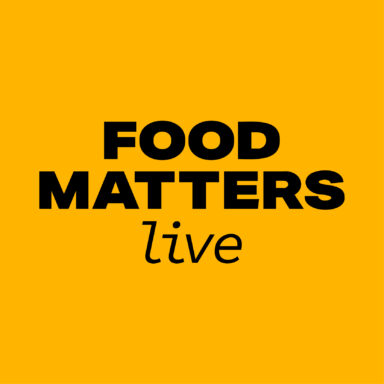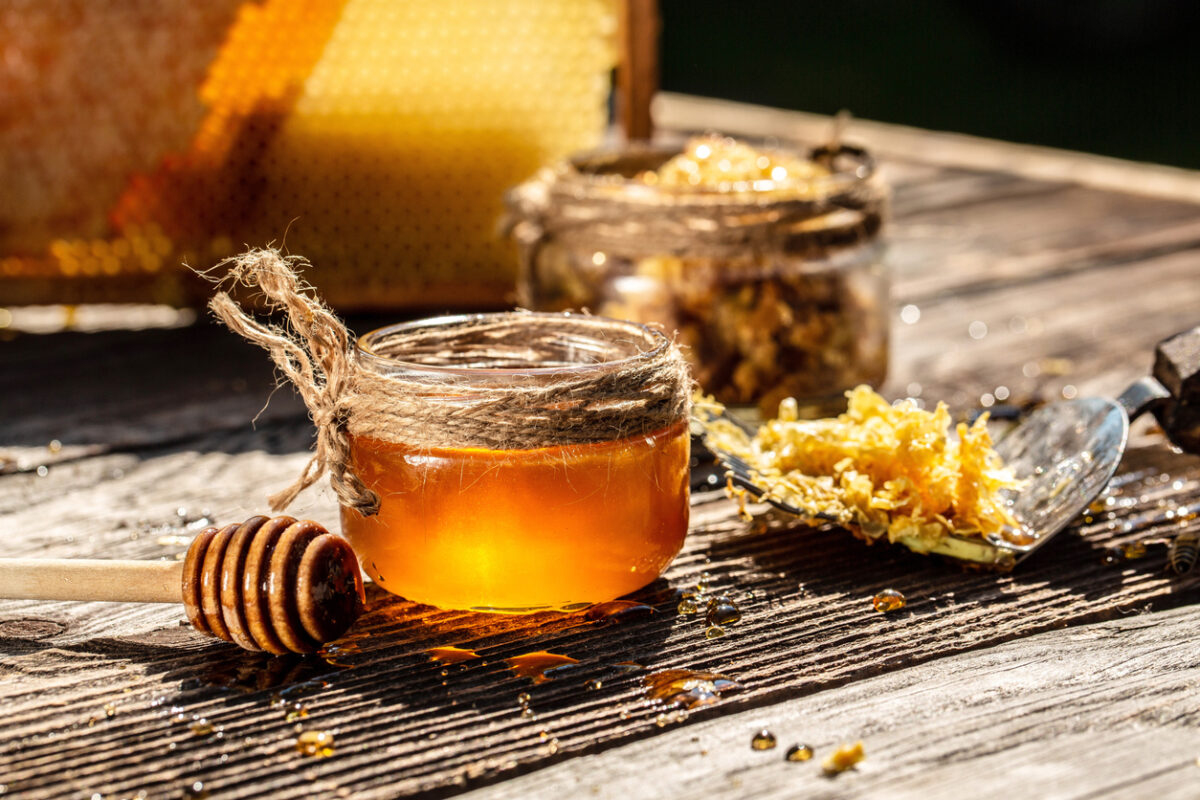Do vegans eat eggs? ‘Vegganism’ explained

Anyone who adopts a vegan diet won’t eat any animal-derived food or products with animal origins, including eggs. Because eggs are an animal product – eggs are laid by chickens – they seem like a particularly obvious item that would be one of the first things to be removed from a vegan’s diet.
Contrary to belief, a trend among some vegans involves the inclusion of certain types of eggs into their diet. This ‘veggan’ diet, as it is known, is not truly vegan – instead, it is called ovo-vegetarian.
This article describes some of the reasoning behind this diet, answering the question of “can a vegan eat eggs?”, and explaining why some people who call themselves vegans still choose to eat eggs.
Why don’t vegans eat eggs?
Many people choose to follow a vegan diet, which eliminates the consumption of eggs among a wide range of animal products; but the reasons can vary from person to person. Most often, reasons range from ethics and health, to the impacts of the animal farming industry on the environment.
Health
Research proves that higher consumption of plants while cutting back on animal-based foods, can have health benefits. This includes a lower risk of developing chronic diseases such as heart disease, diabetes, kidney disease, and even multiple different cancers.
One study of 15,000 vegans found that vegans typically had healthier body weights, cholesterol levels, and blood sugar levels compared to omnivores. In addition, they had a 15% lower risk of developing cancer.
Environment
Many people opt to go vegan because they believe it is more environmentally friendly – and research suggests that this is true.
An Italian study compared the environmental impact of omnivores, egg- and dairy-eating vegetarians, and vegans. Results of this study showed that a vegetarian diet had the most significant positive impact on the environment due to the greenhouse gas emissions produced by the meat production industry, followed by a vegan diet which cuts out the remaining animal products.
Researchers from this study suggested that the results they received were down to the fact vegans often include more processed alternatives, such as vegan meat and vegan dairy products, as well as the trend that vegans generally eat a greater quantity of food to meet their daily calorie needs.
Ethical
Health and environmental reasons aren’t the only arguments for going vegan – many vegans are strongly in favour of animal welfare and completely reject the idea of using animals for food, clothing, or any other reason. Their argument is that modern farming practices, such as battery farms, are hurtful and cruel to animals.
An example of this is within the egg industry, where it is common for hens to live in small indoor cages. This practice also typically involves the hens’ beaks being clipped whilst having moulting artificially induced in order to regulate and increase their egg production.
Can a vegan eat eggs?
The straightforward answer is that you technically cannot call yourself a vegan if you consume eggs. Because eggs are not vegan, you would be called an ovo-vegetarian; or just a vegetarian for simplicity’s sake as vegetarians do eat eggs. Still, some people following a vegan lifestyle include eggs in their diet, but no other animal products, because non-farmed egg laying is a natural process for hens and doesn’t harm them in any way.
In a study of 329 people who followed a vegan diet, researchers found that 90% listed animal welfare as their primary reason for following that diet. Interestingly, a third answered that they would be open to the consumption of some animal products if standards of obtaining them were improved – battery farmed eggs, for example.
People who follow the ‘veggan’ diet are typically happy to include eggs from hens or poultry that they know are definitely raised ethically and healthily. This includes free-range hens that are known to produce eggs naturally or eggs from well-kept hens on their own properties.
A ‘veggan’ diet does happen to be a more accessible route to cutting out animal products as many meat-eaters describe cost, taste, convenience, and familiarity are the most common barriers to entry when it comes to veganism.
What are the benefits of following ‘vegganism’?
Although vitamin B12 is found in high concentrations in animal-based products, like meat or eggs, a vegan diet can actually cover the nutritional needs of most people – some vegetables enriched with vitamin B12, such as mushrooms, are becoming commonplace in certain supermarkets, too.
Although a vegan diet can be nutrient and vitamin-dense, it can take some planning to get suitable levels of certain nutrients like vitamin D, calcium, zinc, and iron. This is where vegganism comes in, as vegans who include eggs in their diet can have an easier experience when it comes to obtaining adequate levels of these nutrients because, as well as high-quality animal proteins, one large egg provides small amounts of these nutrients.
Furthermore, a veggan diet can provide the missing nutrients that are needed for vegan demographics who are at higher risk of developing nutritional deficiencies – including children, pregnant people, or breastfeeding people.
So, do vegans eat eggs? What else you need to know
Can you eat eggs if you’re vegan? The bottom line is that vegans don’t eat eggs due to the fact that they are animal products. This can be for a range of reasons, from health to environmental variables, but primary motivators include a concern for animal welfare. This is where vegganism comes in.
Vegganism is a trend among some vegans wherein eggs can be included in their diet if the vegan knows where the egg has come from and is certain that the hens have been raised in an ethical manner, or perhaps the vegan in question keeps chicken and eat their eggs. This can help to add extra nutrients, vitamins, and protein into a vegan’s diet that can be hard to obtain otherwise, most notably for children and pregnant people.








